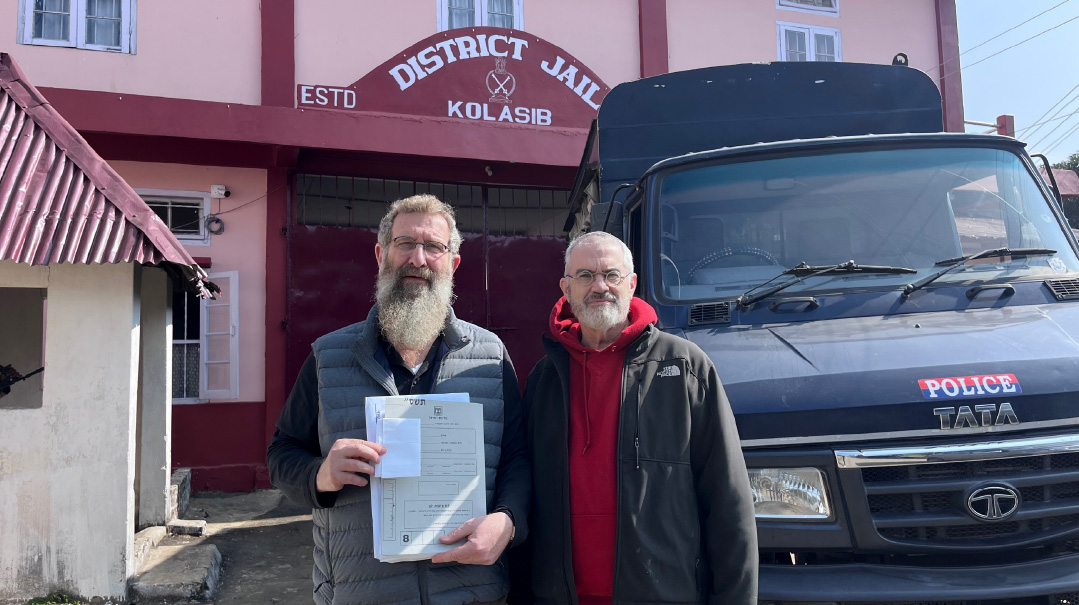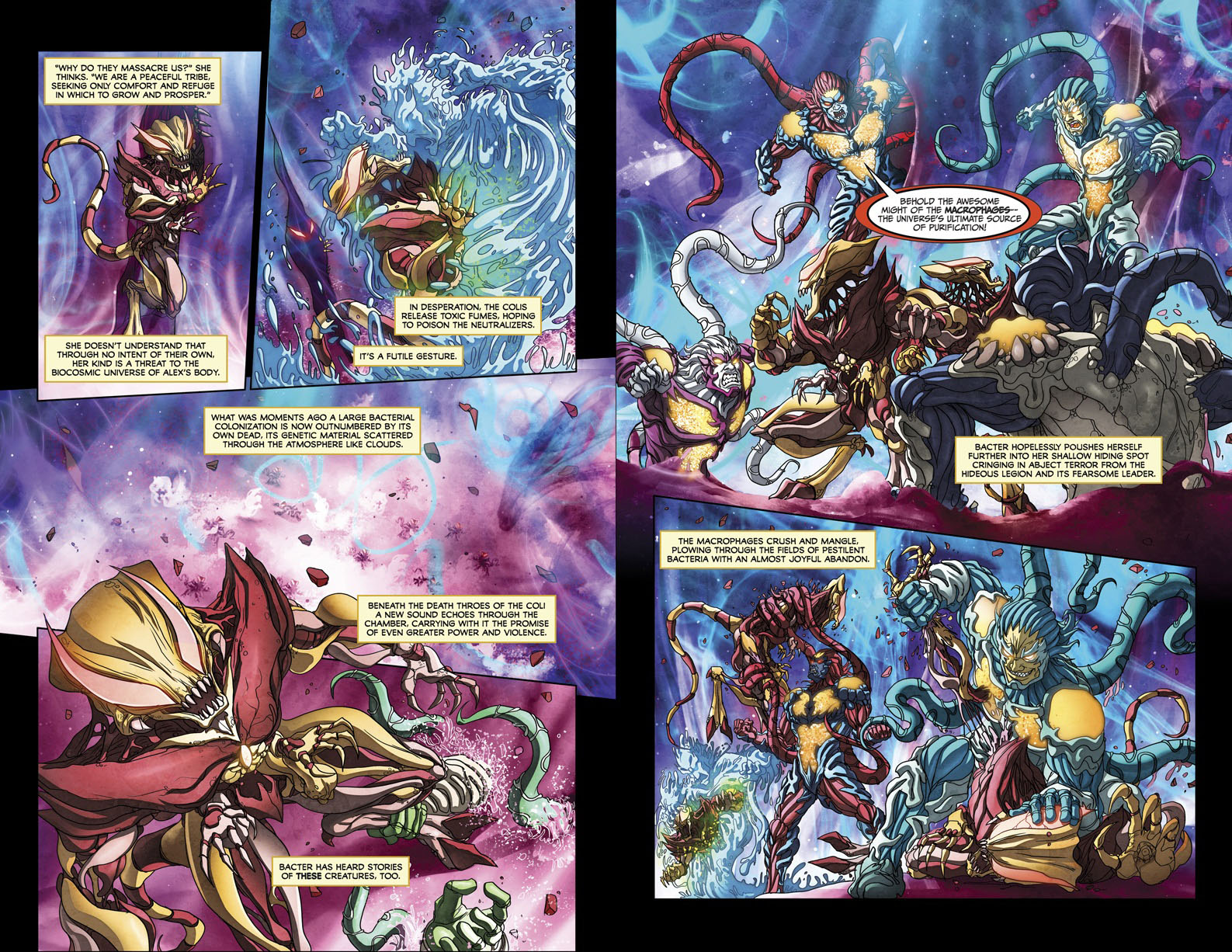By the 9th century bce, they had … Although widely recognized as playing an important role in the history of the ancient near east, the medes left no written records to reconstruct their history. They are believed to be part of the broader aryan … · the medes (old persian, maad-ha, مادها) were an ancient iranian people who lived in in an area of northern iran known as media and spoke a northern iranian language referred … · the medes originated from the indo-iranian tribes that migrated to the iranian plateau around the late 2nd millennium b. c. The medes are believed to have migrated into the iranian plateau from central asia, settling in the region known as media (modern-day western iran). The moabites are the founders of the present city of mecca and why sultan abdul aziz ibu suad listed as “the descendant of hagar, now the head of the holy city of mecca”. By the end of the 7th century bce, … · by the 6th century bc (prior to the persian invasion) the medes were able to establish an empire that stretched from aran (the modern-day republic of azerbaijan) to … · the medes or medians were a group of indo-iranian-speaking people from central asia who migrated to northern iran around the end of the 2nd millennium bce. The medes, an indo-iranian-speaking people from central asia, migrated westwards and settled in northern iran around the end of the 2nd millennium bce. Those who left gozan and those who settled in the mountains of the medes left a trail of breadcrumbs that we can trace on a. The lost tribes were never lost. Those who left gozan and those who settled in the mountains of the medes left a trail of breadcrumbs that we can trace on a timeline through history by using the bible, the …
The Lost Tribe Found Tracing The Medes To The Present Day
By the 9th century bce, they had … Although widely recognized as playing an important role in the history of the ancient near east, the...




